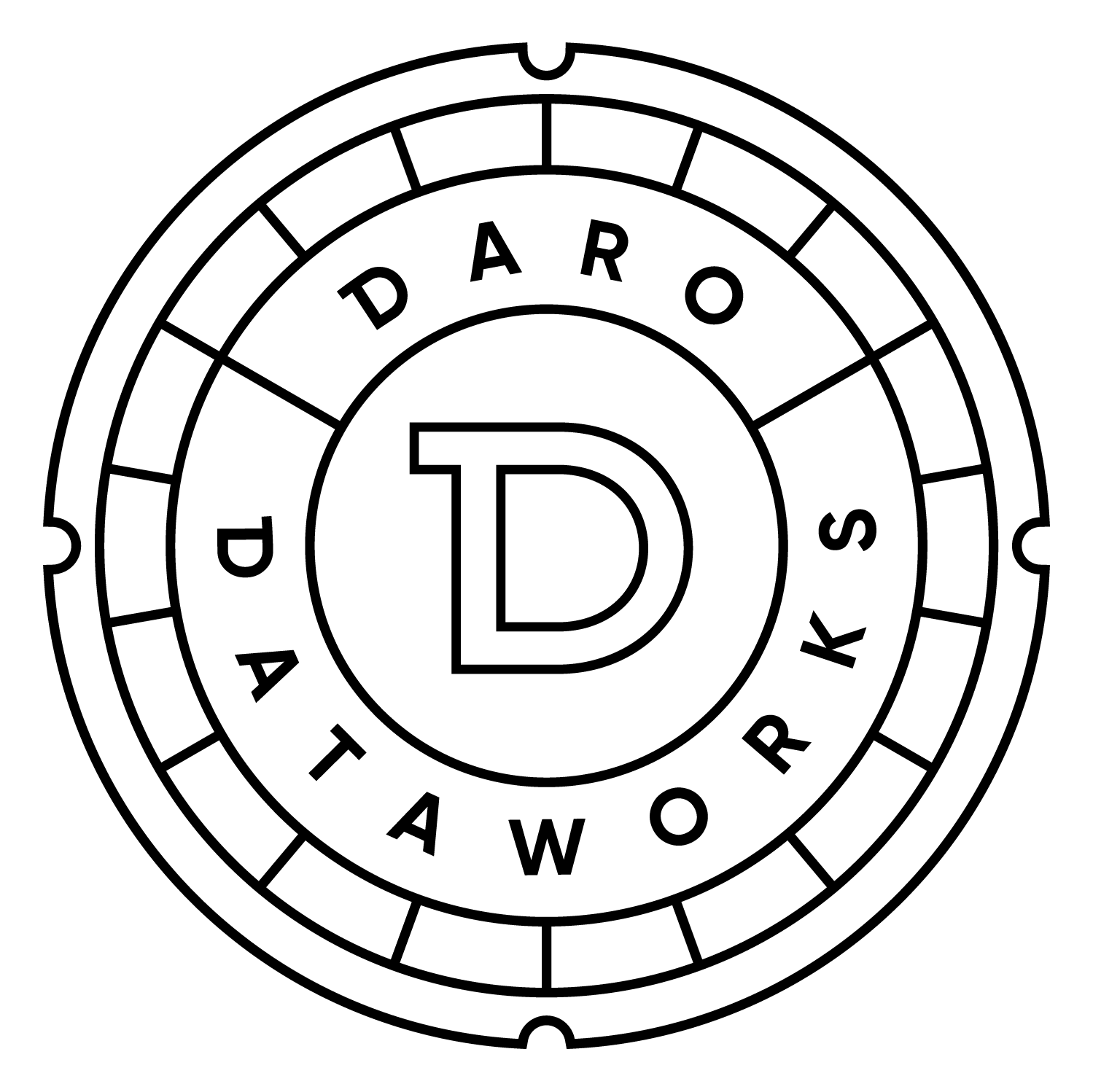Giving (and Getting) Data: How Ajah Helped GivingTuesday Build Its International Data Commons
Photo by Diana Parkhouse on Unsplash
“What We Found At Ajah Was A Partner That Was Good At Thinking Systematically But Outside Existing Systems.”
In a sector that’s traditionally struggled to collect data and derive meaningful insights from it, the GivingTuesday Data Commons stands apart.
The Commons has grown to include more than 350 collaborating organizations and 50 data labs around the world. Its data is being used by everyone from Harvard researchers to Mexican charities to better understand giving behaviors.
Although it’s billed as “the largest philanthropic data collaboration ever built,” the Commons’ roots are more modest. According to GivingTuesday’s Chief Data Officer, Woodrow Rosenbaum, it began as an attempt to answer a simple question: how much was being donated every year on GivingTuesday?
“In many ways, we had the quintessential social sector data problem but worse,” Rosenbaum said, noting that in order to collect even baseline data, GivingTuesday had to engage with dozens of disparate organizations, most of whom had little incentive—or capacity—to share their data.
Traditional thinking might have led GivingTuesday to create a new data standard, to suggest a format for collecting and storing data about philanthropy and hope their partners would adopt it. But Rosenbaum—with a background in commercial marketing—decided to try something different; rather than ask partners for data, he asked how he could help.
“When we engage people with data, what we ask them for is their needs. We talk about the questions they need to answer, and what’s necessary for them to meet their goals,” he said. “Rather than asking them to conform to us—like with a standard—we started conforming to them.”
The approach worked well. Really well. And GivingTuesday found itself in possession of a much richer, inclusive and geographically diverse dataset about online giving than they were expecting.
The organization immediately saw the potential in the data to benefit not only their own evaluation efforts, but those of the social sector more broadly. They also knew that in order to realize that potential, they needed help.
“It’s not a surprise that the CDO at GivingTuesday isn’t a data scientist,” Rosenbaum says, laughing. “We just started doing it without any systems in place for it. We needed governance, we needed documentation, we needed processes and policies for it to continue to develop.”
That’s where Ajah came in. Rosenbaum knew GivingTuesday needed a partner who understood traditional approaches to data, but who also understood why those approaches weren’t working. Ajah fit the bill.
“What we found at Ajah was a partner that was good at thinking systematically but outside existing systems,” he said.
Like Rosenbaum’s team before them, Ajah started with people. A robust consultation with GivingTuesday’s partners and stakeholders enabled Ajah to build a data governance model that preserved—and codified—the strengths of GivingTuesday’s unorthodox approach.
Ajah used the policies and governance it established to guide the construction of the Commons’ technical infrastructure. They opted for a cloud-based approach to keep the data on GivingTuesday’s servers while allowing users to interact with it however they’d like, using a virtual desktop.
The result is a product that embodies what made GivingTuesday’s approach to the Commons so successful in the first place: not asking partners to conform to their way of doing things.
“Your technology approach needs to be designed around your use case and your approach. That’s the way Ajah works,” Rosenbaum said. “They’re good at [building things], but in this case, I think they were best at it because they wrote the model itself.”
Now seven years out from its initial launch in 2016, the Data Commons continues to grow and evolve—as does GivingTuesday’s relationship with Ajah.
“We don’t really think of Ajah’s people who work on the project as external anymore… They’re an integrated part of our team,” Rosenbaum says. “That wasn’t by design, but it is how all of this develops with the most successful outcome.”
To learn more about the GivingTuesday Data Commons, visit data.givingtuesday.org. And if you’re also in need of a new approach to working with data, reach out to Ajah.

